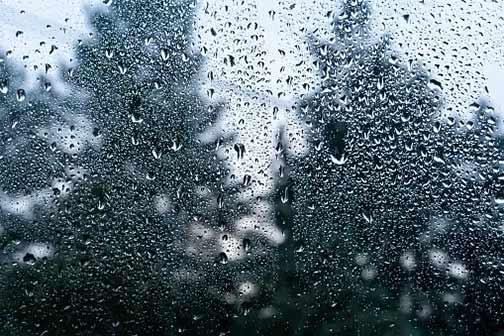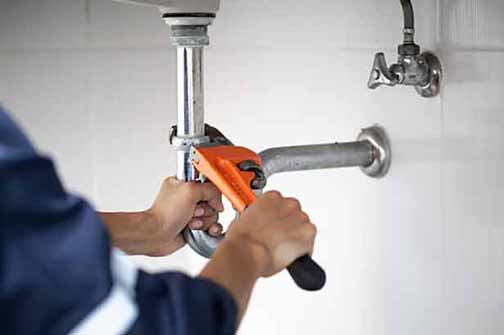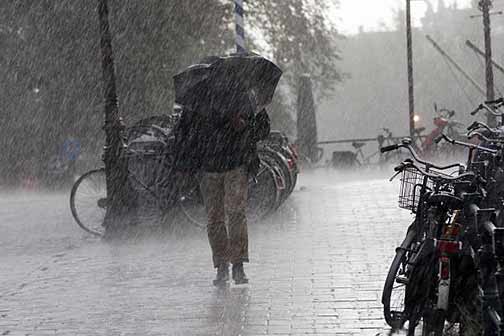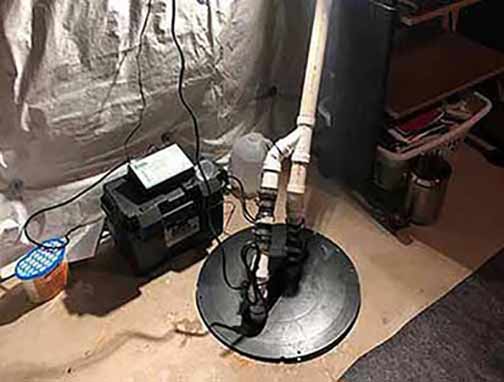
After heavy rain and flooding, dealing with the aftermath can be overwhelming. Not only do you have to worry about the damage to your property and belongings, but you may also have to deal with plumbing issues. From clogged drains to damaged pipes, the impact of excessive water can wreak havoc on your plumbing system. Here we will discuss how to repair your plumbing after heavy rain and flooding, providing you with the guidance and steps needed to restore your plumbing system to its optimal condition.
Understanding the Impact of Heavy Rain and Flooding on Plumbing
Before we delve into the repair process, it’s important to understand how heavy rain and flooding can affect your plumbing system. Excessive water can lead to several common issues:
- Clogged Drains: Debris, mud, and silt carried by floodwaters can accumulate in your drains, leading to clogs.
- Sewer Backups: When the sewer system becomes overwhelmed with floodwater, it can cause an emergency sewage backup problem.
- Damage to Pipes: The pressure and force exerted by floodwaters can cause pipes to crack, burst, or shift.
- Water Contamination: Flooding can contaminate your water supply, making it unsafe for consumption.
Now that we have an understanding of the potential plumbing issues caused by heavy rain and flooding, let’s move on to the repair process.
Prioritize Safety
Before attempting any repairs, ensure your safety and that of your family. If your property is severely damaged or you suspect electrical hazards, it is crucial to evacuate and seek professional assistance.
Assess the Damage
Once it is safe to enter your property, conduct a thorough assessment of the plumbing damage. Look for visible signs such as water stains, leaks, or standing water. It is crucial to identify the extent of the damage to determine the appropriate repairs.
Clear Clogged Drains
Clogged drains are a common problem after heavy rain and flooding. To clear them:
- Use a plunger: For minor clogs, a plunger can often do the trick. Position the plunger over the drain, ensuring a tight seal, and forcefully plunge several times.
- Try a drain snake: If the plunger doesn’t work, a drain snake or auger can help dislodge the stubborn clog. Insert it into the drain and rotate it while applying gentle pressure.
- Seek help from a plumber: If the clog persists, it may be a sign of a more significant issue deeper in the plumbing system. In such cases, it is advisable to call a professional drain cleaning plumber.
Address Sewer Backups
Sewer backups are a more serious issue that requires immediate attention. Here’s what you can do:
- Call a professional plumber: Sewer backups are complex and potentially hazardous. It is best to call a professional plumber who has the expertise and equipment to handle the situation safely.
- Avoid using water: Until the issue is resolved, refrain from using any water fixtures or appliances connected to the sewer line to prevent further backups or flooding.
- Maintain good hygiene: If you come into contact with sewage water, wash your hands thoroughly with soap and disinfect any affected areas.

If the clog persists, it may be a sign of a more significant issue deeper in the plumbing system. In such cases, it is advisable to call a professional plumber.
Repair or Replace Damaged Pipes
In cases where heavy rain and flooding cause significant damage to your plumbing pipes, repairs or replacements may be necessary. Here’s what to do:
- Identify the damaged pipes: Look for visible signs of damage such as cracks, leaks, or noticeable shifts in the plumbing lines.
- Turn off the water supply: Before attempting any repairs, locate the main water shut-off valve and turn off the water supply to prevent further damage.
- Temporary fixes: In some cases, you may be able to apply temporary fixes such as using plumber’s tape or pipe clamps to seal small leaks. However, it is recommended to consult a professional plumber for a more permanent solution.
- Seek professional help: If the damage is extensive or beyond your expertise, it is best to contact a licensed plumber who can assess the situation accurately and perform the necessary repairs or replacements.
Test Water Quality
After heavy rain and flooding, your water supply may be contaminated. It is essential to test the water quality before resuming normal usage. You can obtain water testing kits from local health authorities or hire a professional water testing service.
Take Preventive Measures
To minimize the risk of future plumbing issues caused by heavy rain and flooding, consider taking the following preventive measures:
- Elevate electrical systems: If possible, elevate electrical systems and components above the flood level to prevent water damage.
- Install backflow prevention devices: The installation of a sewer backflow valve can prevent contaminated water from flowing back into your plumbing system.
- Regular maintenance: Schedule regular plumbing inspections and maintenance to identify and address any potential issues before they escalate.
- Improve drainage: Ensure your property has proper drainage systems in place to redirect excess water away from the foundation.
- Install a sump pump: A sump pump can help prevent basement flooding by automatically pumping out water that accumulates in the sump basin.
Repairing your plumbing after heavy rain and flooding can be a challenging task, but with the right knowledge and steps, you can restore your plumbing system to its optimal condition. Prioritize safety, assess the damage, clear clogged drains, address sewer backups, repair or replace damaged pipes, test water quality, and take preventive measures to minimize future risks.
Remember, if you are unsure or the damage is extensive, it is always wise to seek help from a local plumber. By taking prompt action and following the appropriate repair procedures, you can overcome the plumbing challenges brought on by heavy rain and flooding.

